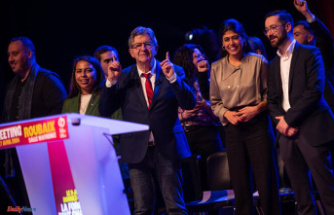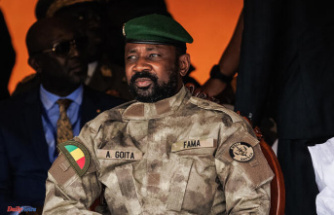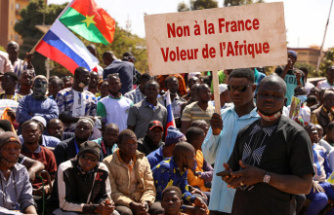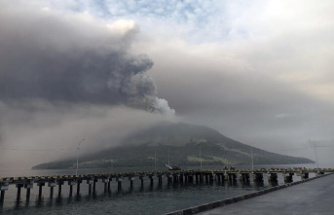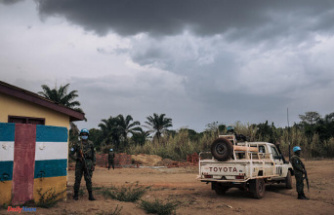Greens have marked the heading of negotiations for government training in Germany and dragged to the Liberal Party (FDP) to negotiate a tripartite with the Social Democratic Party (SPD), which leaves out of fire the conservative bloc formed by the Christian-democratic union (CDU) and the Bávara Socialchristian Union (CSU). The first meeting to three bands between SPS, Greens and FPD will be held tomorrow.
"We regret the decision because it supposes the rejection of the Jamaica tripartite," said Bavarian president's CSU and Minister Markus Söder reference in reference to the colors of that country's flag, which would appear in a tripartite CDU-CSU, green. And liberals.
Söder assured that he expected the decision as an electoral results, although "our offer to the greens was generous and the conversations held very constructive." The positions, however, were irreconcilable and not only in energy policy and against climate change, but in migration and taxation. Unlike conservatives, the greens are laxos in migratory policy and willing to continue with the loose pedal in debt to, in this way, be able to perform the nearly 50,000 million per year proposed in social investments and energy transformation.
The events rushed first thing about the day, when the leaders of the Greens, Annalena Baerbock and Robert Habeck, announced their preference for the SPD and invited the FDP to enable, as soon as possible, the Government's training.
"We have arrived" to the conclusion that it makes sense to delve into the conversations with the FDP and SPD. "Above all, he has added," taking into account the common basis we have established in our bilateral conversations. "Habeck has agreed that The contacts held in recent days have shown that the coalition 'traffic light' -rojo, yellow and green, by the colors of the three parties - is the one that "greater coincidences" generates between the three parties.
The announcement of the greens put the FDP against the wall and not only because the liberals were opting for the conservatives but because the time and form chosen by the ecologists to make public their decision did not enter the script. Baerbock and Habeck have only maintained a bilateral meeting with the CDU-CSU and the Pact with the FDP was that the decision on management would be taken jointly.
The reaction of the FDP took the time that the direction of the party needed to get out of the bonnet. After an hour and a half of reflection, the FDP leader, Christian Lindner, accepted the invitation of the Greens to negotiate three bands with the SPD but with reservations.
"We are an autonomous party that takes its own decisions before and after the elections," said Lindner and added that "the FDP will not be part of a government that is not downtown." The liberal leader was implicitly referred to the influence of left-handed families in SPD and in the Greens, an influence that is perceived in the programs of those parties and where it will be difficult to fit from the Liberals.
Lindner stressed that while the surveys are produced with the SPD and the Greens there will be no parallel contacts with the CDU-CSU, although "the option of a tripartite with the conservatives, the so-called Jamaico Coalition, is still there."
Liberals had no choice but to follow the guideline marked by the Greens, because their refusal would have allegedly blocking government training around the party that earned the elections last September 26. But Lindner's discomfort was evident. "Our affinity with the CDU-CSU on social and economic issues is not comparable to that of Greens and SPD. We disagree in so many issues that for that tripartite crystallice will make the fantasy that I am missing now," he said.
There are no guarantees that the three parties called to understand exceed their differences and there are many red lines plotted. But the fact that the address is already marked, puts the CDU and its leader, Armin Laschet, in an even more delicate situation.
Laschet has tried to keep the unit on the CDU-CSU while the door to government formation was still open and with it its own political survival. After the course they have taken the events, Laschet will cost him even more to explain to public opinion and his party, why he continues to cling to a burning nail and delaying the renewal of staff and content that the party needs after election results that is They foresee, as this was, the worst of the history of training.
Date Of Update: 06 October 2021, 12:40

